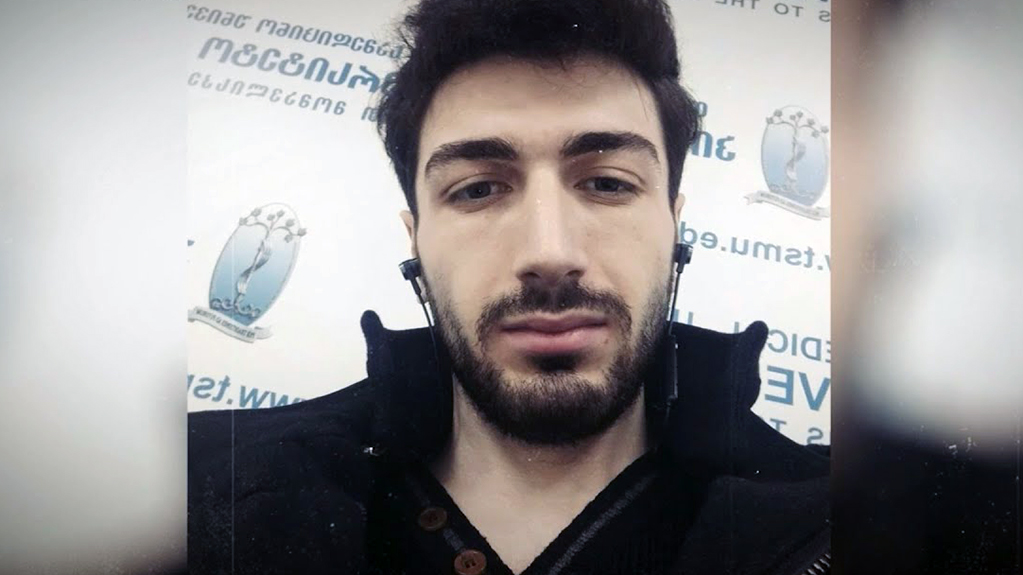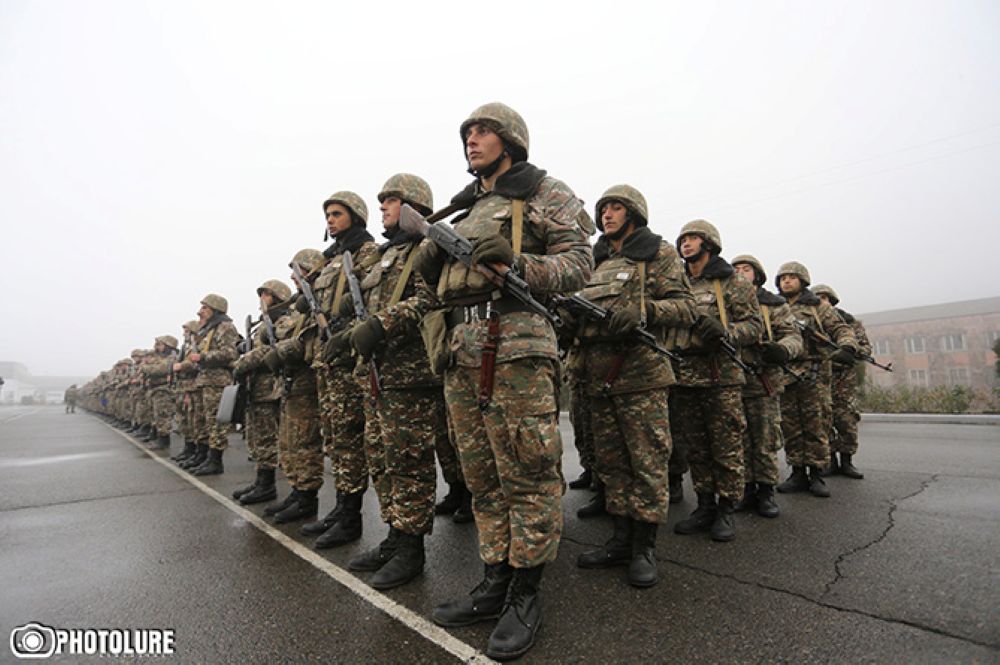Share














Most read

Iran unrest: Washington Post weighs possible Baku move to protect ethnic Azeris
Opinion: 'Armenia is returning to space it was pushed out of'
Latest news in Georgia, Armenia, Azerbaijan, summary. Live
Georgian Dream rolls out new law criminalising any cooperation with foreign foundations
Partial reopening of Armenia–Turkey border expected, no date announced yet

Azerbaijan says its territory and airspace will not be used for attacks on Iran
Ex-German MP convicted of taking bribes from Azerbaijan receives suspended sentence
Latest news in Georgia, Armenia, Azerbaijan, summary. Live
Opinion: Georgia’s government risks becoming international pariah
23 OSCE countries back investigation into Georgia over deteriorating human rights










